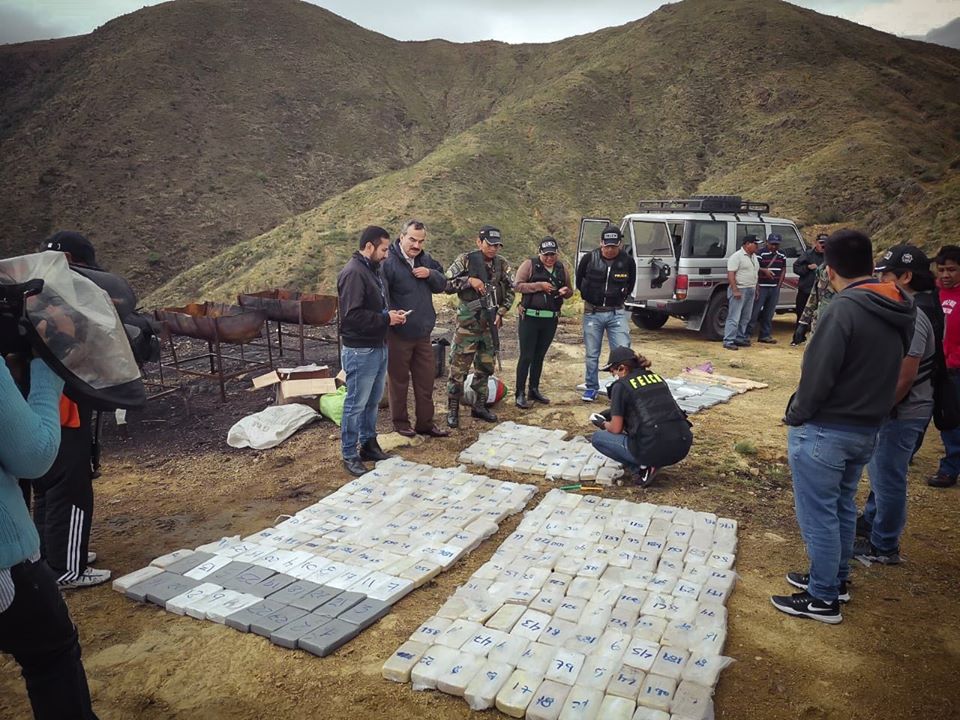Are Drugs Legal In Bolivia?

The issue of drug legality is complex and often contentious, particularly in countries like Bolivia, where the history of coca cultivation and drug policies intertwines with cultural, economic, and social factors. Understanding the legal status of drugs in Bolivia requires an exploration of the country’s unique relationship with coca, the legal framework surrounding drugs, and the broader implications of these laws on society.
Quick Info Table: Legal Status of Drugs in Bolivia
| Substance | Legal Status | Details |
|---|---|---|
| Coca Leaf | Legal with restrictions | Traditional use is permitted; cultivation regulated. |
| Cocaine | Illegal | Production, sale, and possession are prohibited. |
| Marijuana | Decriminalized (for personal use) | Limited possession allowed; not fully legalized. |
| Other hard drugs | Illegal | Includes heroin, methamphetamine, etc. |
The Cultural Significance of Coca
The coca leaf holds a significant place in Bolivian culture and history. For centuries, it has been used in traditional practices, primarily as a stimulant to alleviate hunger and fatigue. Indigenous communities often chew coca leaves or brew them in tea, viewing them as a natural remedy with cultural importance.
However, coca is also the primary ingredient in cocaine, a substance that has wreaked havoc worldwide. The duality of coca as both a cultural staple and a narcotic presents a unique challenge for Bolivian authorities and policymakers.
Legal Framework Surrounding Coca and Other Drugs
Coca Leaf Legislation
In 2004, Bolivia enacted a law that recognized the traditional and cultural significance of the coca leaf. This law allows for the legal cultivation of coca in designated areas, primarily in the Yungas and Chapare regions. Farmers can grow a limited amount of coca—up to 1,600 square meters per family—provided it is used for traditional purposes rather than for cocaine production.
Despite this legal framework, the government faces ongoing pressure from international bodies, particularly the United States, to reduce coca cultivation due to its association with cocaine trafficking. This tension illustrates the complexities of balancing cultural rights with international drug control obligations.
Other Substances: Marijuana and Hard Drugs
While coca enjoys a unique legal status, other drugs face stricter regulations. Marijuana, for instance, is decriminalized for personal use, allowing individuals to possess small amounts without facing criminal charges. However, its sale remains illegal, creating a gray area for users and law enforcement alike.
On the other hand, hard drugs such as heroin and methamphetamine are strictly prohibited. The Bolivian government actively combats the trafficking and distribution of these substances, often using a combination of law enforcement and public health approaches to address drug-related issues.
Drug Policy and Social Implications
The Impact of Drug Legislation on Indigenous Communities
Bolivia's drug policies have far-reaching implications, particularly for indigenous communities that rely on coca for their livelihood. The legal allowance for coca cultivation aims to protect these communities from the adverse effects of international drug laws while also providing a source of income. However, the ongoing stigma associated with coca and its association with cocaine has led to discrimination and marginalization of these populations.
Additionally, the Bolivian government has implemented social programs aimed at supporting coca farmers, providing them with alternative crops and sustainable agricultural practices. These initiatives are essential in promoting economic stability while respecting cultural traditions.
The Role of International Relations
Bolivia's stance on coca cultivation and drug legalization often puts it at odds with international drug control conventions. The United Nations and other international bodies have historically pressured Bolivia to curtail coca production. However, Bolivia's government has maintained that coca is an integral part of its national identity and culture, thus creating a rift in international relations.
In 2011, Bolivia successfully withdrew from the Single Convention on Narcotic Drugs, which limited coca cultivation, arguing for its cultural significance. This move marked a significant shift in Bolivia's drug policy and demonstrated its commitment to preserving traditional practices.
Current Trends and the Future of Drug Legalization in Bolivia
Evolving Public Perception
Public opinion regarding drug legalization in Bolivia is slowly shifting. Many citizens advocate for a more nuanced approach to drug policies, emphasizing harm reduction rather than criminalization. This perspective aligns with global trends that focus on treating drug addiction as a public health issue rather than solely a criminal one.
Potential for Policy Reforms
As social attitudes evolve, there is potential for further reforms in Bolivia's drug legislation. Discussions around legalizing marijuana for recreational use have gained traction, reflecting a growing acceptance of alternative approaches to drug policy.
Moreover, the success of coca cultivation regulation can serve as a model for managing other substances. Policymakers may consider adopting similar frameworks for marijuana and other controlled substances, focusing on harm reduction and cultural respect.
Conclusion
The question of whether drugs are legal in Bolivia is multifaceted and deeply rooted in the country's cultural, social, and economic landscape. The legal status of coca reflects a delicate balance between traditional practices and international pressures, while other substances face stricter regulations.
As Bolivia navigates these complex issues, the potential for reform and a shift in public perception could pave the way for a more comprehensive and culturally sensitive drug policy. By addressing the unique needs of its communities, Bolivia has the opportunity to create a framework that respects tradition while also promoting public health and safety.
Ultimately, the future of drug legality in Bolivia will depend on ongoing dialogue among policymakers, indigenous communities, and international bodies. As this conversation evolves, it will be crucial to prioritize cultural significance and social responsibility in shaping drug policies that reflect the realities of Bolivian society.



Comments ()